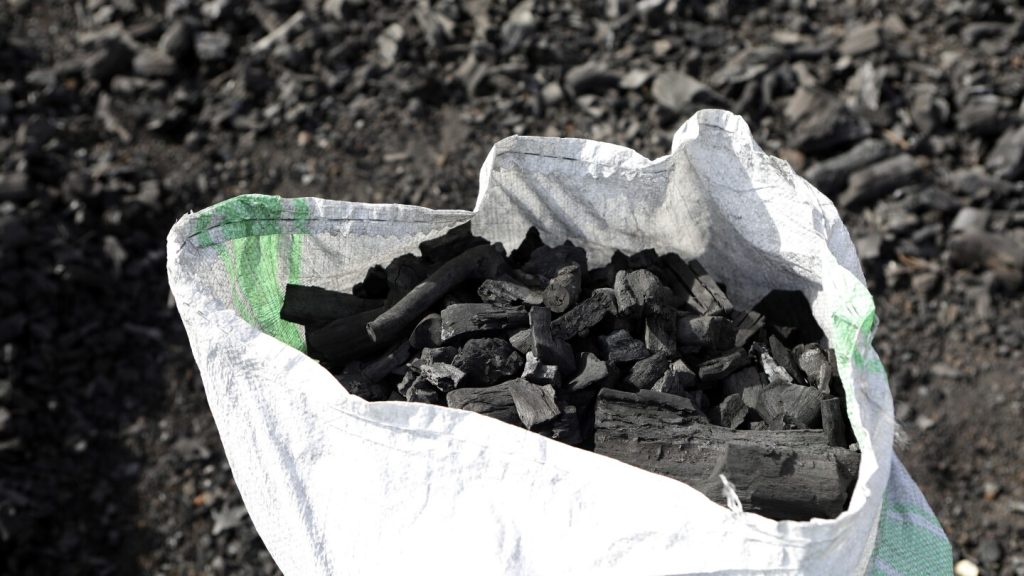Participants at the 9th annual conference on energy efficiency, organized by the International Energy Agency, are calling for universal access to clean cooking through government incentives and subsidies. The use of clean cooking methods such as electricity and solar can help reduce planet-warming emissions caused by traditional fuels like wood and charcoal. The conference, held in Nairobi, aims to accelerate progress towards doubling energy efficiency by 2030, as agreed upon by governments at COP28. Rashid Abdallah, the executive director of the Africa Energy Commission, stressed the importance of clean cooking in energy policies and socio-economic development plans.
Currently, billions of people globally cook using solid biomass fuel and kerosene, releasing harmful toxic fumes that cause illnesses, deaths, and contribute to climate change. In Asia, 1.2 billion people lack access to clean cooking facilities, while in Africa, over 900 million people rely on biomass as their primary energy source. The exposure to household air pollution from traditional cooking methods has been linked to various health issues such as diabetes and adverse pregnancy outcomes. The Clean Cooking Alliance reports positive trends in the sector, with investment in clean cooking enterprises reaching $215 million in 2022. However, there is still a significant capital gap of $8 billion annually to achieve universal access to clean cooking by 2030, according to IEA estimates.
Indonesia stands out as a country that has successfully transitioned to affordable, high-quality clean cooking. The government began a program in 2007 to switch from kerosene to LPG as the primary cooking fuel, resulting in access to clean cooking doubling from 40% in 2010 to 80% in 2018. Dadan Kusdiana, Secretary-General of the Ministry of Energy and Mineral Resources, credits the success of the program to regulations and incentives that make clean energy affordable to the population. The key to achieving universal access to clean cooking lies in co-ordinated government policies that unlock finance and enable businesses and consumers to adopt energy-efficient practices.
Household air pollution from traditional cooking fuels poses significant health risks, leading to various illnesses and even contributing to climate change. Cleaner alternatives such as electric and ethanol cookers emit fewer pollutants, offering a sustainable solution to reduce harmful emissions. The current focus of the conference in Nairobi is on delivering affordable clean cooking solutions to all individuals, aiming to tackle the practical barriers to energy efficiency and the need for upfront investments in clean energy technologies. The availability of affordable, green cooking methods is crucial in addressing the health and environmental challenges posed by traditional cooking fuels.
Despite the progress made in the clean cooking sector, achieving universal access by 2030 requires substantial investment in clean cooking stoves, equipment, and infrastructure. The conference participants emphasize the role of governments in providing incentives and subsidies to unlock private sector funds for clean cooking initiatives. With an annual investment of $8 billion needed to meet the goal of universal access to clean cooking, collaborative efforts between governments, businesses, and consumers are essential. The IEA conference serves as a platform for ministers, CEOs, and thought leaders to discuss strategies for accelerating progress towards energy efficiency targets and reducing harmful emissions to combat climate change effectively.


